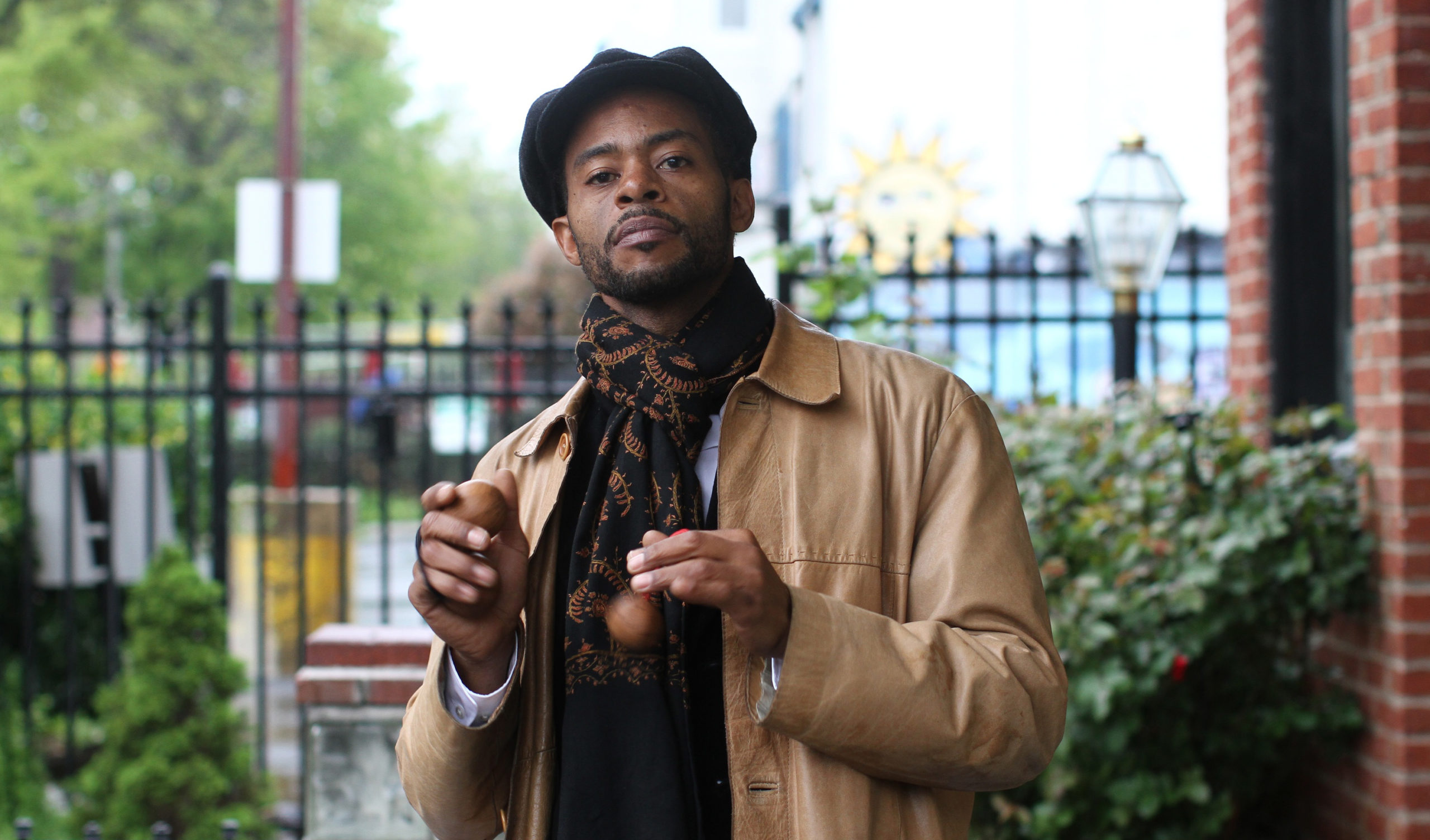Location: The Patterson


Marc Cary’s Indigenous People’s Arkestra presents Blackanomics—an homage to go-go, the official music of Washington, DC. Blackanomics is a love letter to the go-go culture’s community-based economy that helped nurture many young talented musicians, producers, and sound engineers in Washington, DC. Growing up in DC, and now a Baltimore resident, it’s go-go music’s enduring legacy that acclaimed pianist, keyboardist, composer, and bandleader Marc Cary proudly toasts with Blackanomics. Featuring an opening set by Baltimore trumpeter, Brandon Woody, who will also join the band with Marc Cary for the whole night.
The Indigenous People’s Arkestra is supported by South Arts Jazz Roads Creative residency grant, supporting its recent residency at DC artist incubator Bloom Bar.
About Marc Cary
As a jazz artist, Baltimore-based Marc Cary is both a torchbearer and a fire starter. From playing with titans such as Art Taylor, Clifford Jordan, Betty Carter, Abbey Lincoln, and Dizzy Gillespie, he’s absorbed expansive jazz acumen. His comfort with women-led bands also made him a favorite accompanist among other modern singers notably Meshell Ndegeocello, Erykah Badu, Lauryn Hill, and Ani DiFranco. Beginning in the mid-90s, when he started his solo career, he also collaborated with a galaxy of musical talent that includes jazz contemporaries such as Roy Hargrove and Stefon Harris; deep house heavyweights such as Ron Trent, Joe Clausell, and Little Louie Vega; and hip-hop royalty such as rapper Q-Tip. Cary deftly reconciles those idioms and genres into a singular, identifiable voice. He attributes part of his original voice to his involvement with go-go music while growing up in Chocolate City. Go-go is weaved into Cary’s sound—his first band High Integrity started out playing on pan cans and buckets instead of conventional percussion, before graduating to timbales and roto-toms, congas, drums, keyboards, and horns with the assistance of church donations.
Cary has been Grammy nominated in both Stefon Harris’s Blackout Group and with Abbey Lincoln. He remains one of the progenitors of contemporary jazz, evident in his influence on his peers. Live gigs with Stefon Harris and bandmate Casey Benjamin were the genesis for Robert Glasper’s recording Nirvana’s “Smells Like Teen Spirit,” and Cary’s record “Taiwa” from Focus in 2006 evolved into “For You” on Glasper’s Double Booked and Harris’ Urbanus. Cary collaborator Roy Hargrove exalted him with “Caryisms” on 1992’s The Vibe, an album whose title track is one of two Cary originals including “Running Out of Time”—now part of the lexicon of live repertoire among jazz stalwarts Hargrove, Dr. Lonnie Smith, and Igmar Thomas’ Revive Big Band. As Nate Chinen observed, “There isn’t much in the modern-jazz-musician tool kit that Marc Cary hasn’t mastered, but he has a particular subspecialty in the area of groove…with a range of rhythmic strategies, from a deep-house pulse to a swinging churn. Mr. Cary richly embodies the spirit of diverse streams that feed into the ample body of what we consider jazz history today.”
About Go-Go Music
Baltimore and Washington, DC, are close neighbors but have two different kinds of percussive party music that have become popular in their respective communities—Baltimore Club Music and DC’s Go-Go Music. Gogo’s energetic show are defined by its communal energy with call-and-response from the crowd. Its syncopated beat makes dancing unavoidable, echoing the breakbeats and call and response stanzas found in Baltimore Club Music.
Marc Cary credits former Washington, DC, Mayor Marion Barry for facilitating the infrastructure for go-go music and culture to flourish, particularly through Barry’s Summer Youth Employment program, his Modern Music program, and his creation of various recreational centers throughout the city. “He enabled us to travel around the city on a city-funded stage that was pulled by a truck,” Cary recalls. “We would pull up in different neighborhoods and perform. That was just part of the summer Modern Music program. Throughout the year, pretty much every five or six nights a week, you could find many go-go performances in all four quadrants in DC.”
Location: The Patterson
Location: The Patterson
Location: The Creativity Center
Location: The Patterson